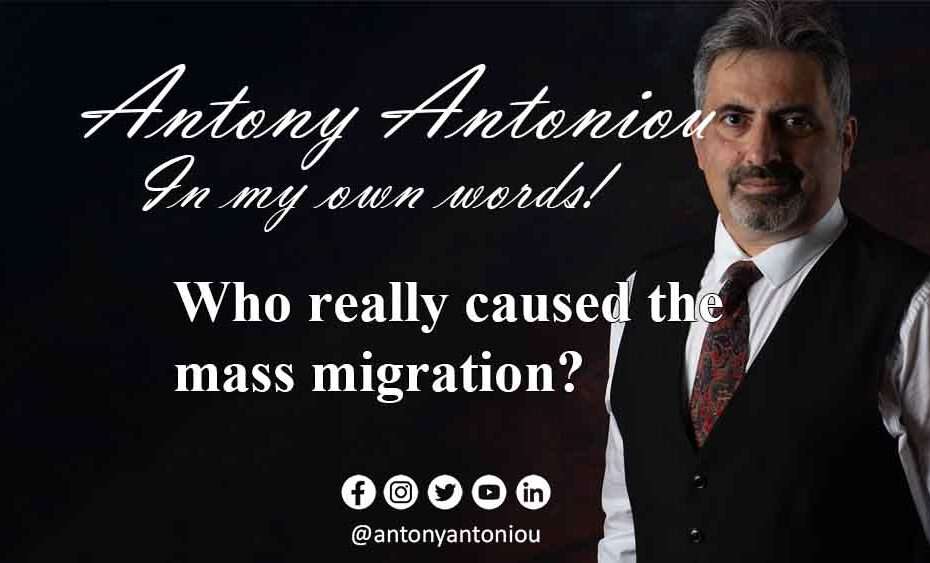Who really caused the mass migration
The Roots of Today’s Migration Crisis: A Deep Dive into Recent History
The Roots of Today’s Migration Crisis: Reckoning With Recent History
As tragic images of refugees dominate headlines, our instinct is to view this as an isolated crisis. But to comprehend the migration emergency, we must scrutinize the preceding decades of Western military interventionism that destabilized the Middle East and Northern Africa.
In this post, I will:
– Examine the timeline from 1990-present showing how foreign policy decisions sparked regional chaos
– Highlight the lies that led to the devastating Iraq invasion in 2003
– Discuss how toppling regimes empowered extremist groups
– Show how the Arab Spring triggered mass displacement
– Demonstrate the shared responsibility across US/UK party lines
– Reflect on learning from the past to avoid perpetual conflict
By outlining this essential context, we gain insight into how short-sighted policies – often based on geopolitical profiteering rather than human rights – contributed to today’s refugee crisis. Reckoning with this recent history is vital if we hope to ethically address the current emergency.
The Road to Regional Chaos: Foreign Policy from 1990-2003
– In the 90s, mixed messaging to Saddam before the Gulf War and false WMD claims built the case for aggression against Iraq.
– Despite global protests, Bush and Blair’s 2003 Iraq invasion based on lies had devastating consequences, leaving a power vacuum.
– With Saddam removed from power, Iraq descended into years of sectarian civil war, setting off a ripple effect across the region.
The Power Vacuum: How Regime Change Empowered Extremists
– Groups like ISIS filled the void left by the Iraq war, flourishing amidst the instability and chaos.
– The 2010 Arab Spring revolts swept across North Africa and the Middle East, ousting leaders in Egypt, Libya, and Yemen.
– War broke out in Syria in 2011, devolving into one of the 21st century’s worst humanitarian crises.
Shared Responsibility: The Role of Western Leaders
– Successive US administrations – Republican and Democrat – championed intervention despite blowback.
– UK Conservative and Labour governments were also complicit in the Middle East quagmire.
– European leaders made choices accelerating migration without preparation.
– Their collective actions over decades contributed greatly to today’s refugee crisis.
Learning Hard Lessons to Break the Cycle
The past 20+ years teach us key lessons if we hope to ethically address the current crisis:
– Regime change causes instability and empowers extremist groups.
– Wars justified by lies result in tremendous human suffering.
– The refugee crisis results from sowing chaos abroad.
– Ethical leadership requires centering human rights over profits/geopolitics.
– Multilateral compassion for displaced peoples is needed now.
We must reckon with this history to make wise choices moving forward. The people of the Middle East have borne the brunt of foreign policy blunders. World leaders now face a moral reckoning. Will we continue failed interventions doomed to spark more blowback? Or will we learn lessons, act ethically, and choose a path of stability, human rights, cooperation, and peace?
Our past need not be our future. We still have a chance to break the cycle. But only if we confront recent history with open eyes, take responsibility, and choose a wiser course, rooted in compassion.

